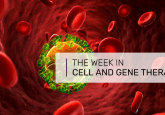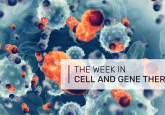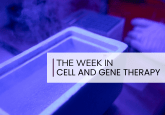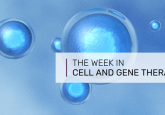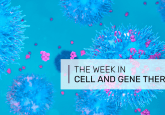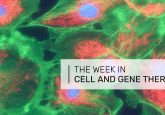Cell therapy weekly: Three-way biomanufacturing collaboration seeks to improve the development of gene therapy delivery vehicles
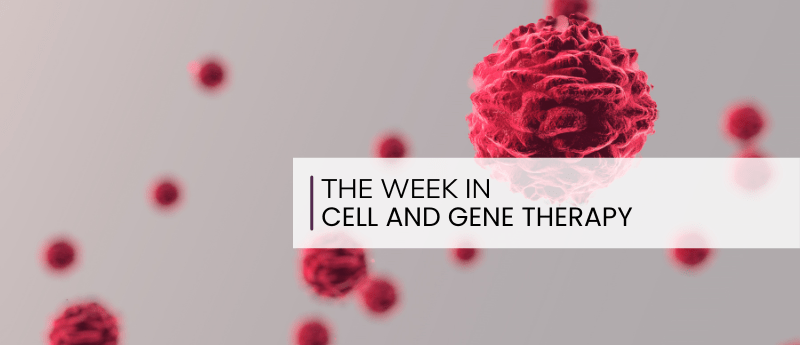
This week: Rentschler Biopharma (Laupheim, Germany), Cell and Gene Therapy Catapult (London, UK) and Refeyn (Oxford, UK) enter a three-way collaboration, the University of California, San Diego (UCSD; CA, USA) establishes the Gene Therapy Initiative after a $5 million donation and Synthego (CA, USA) and bit.bio (Cambridge, UK) expand their strategic partnership.
The news highlights:
- Three-way biomanufacturing collaboration seeks to improve the development of gene therapy delivery vehicles
- Synthego and bit.bio expand strategic partnership towards synthetic cellular circuitry development
- Gene Therapy Initiative established at UCSD Medical School after $5 million donation from the Nancy and Geoffrey Stack Foundation.
Three-way biomanufacturing collaboration seeks to improve the development of gene therapy delivery vehicles
Rentschler Biopharma, Cell and Gene Therapy Catapult, an independent innovation and technology organization, and Refeyn , a mass photometry instrument provider, have entered into a three-way collaboration, with the ultimate aim of improving the manufacture of adeno-associated viruses. The two-year project is focused on producing an automated manufacturing platform that improves the efficiency of adeno-associated viral vector production, which are currently the delivery vehicle for 65% of gene therapies.
“We seek to unleash the potential of faster viral vector development with multi-parameter driven optimization,” said Christian Schetter, Chief Scientific Officer of Rentschler Biopharma. “This promises to translate to higher outputs, robustness, and better process control; ultimately lowering the risk associated with the transition from early to late-stage manufacturing for the benefit of our clients and their patients.”
Synthego and bit.bio expand strategic partnership towards synthetic cellular circuitry development
Synthego, a provider of gene editing solutions, and the synthetic biology and cell therapy development company bit.bio, have partnered to develop a platform that will utilize synthetic cellular circuitry to the development of cell therapies. It will see Synthego produce a multiplexed gene editing strategy that can be combined with bit.bio’s opti-ox™ precision cell programming technology to reduce the number of engineering steps required in the programming of therapeutic cells, shortening clinical cell engineering and development timelines by up to 10 months.
“bit.bio is the leading synthetic biology company focussed on human cells. We are thrilled to deepen our partnership with bit.bio to facilitate a leap forward in the development of synthetic biology-based cell therapies,” said Paul Dabrowski, CEO at Synthego. “By coordinating our respective technologies, expertise and resources, we will unlock new opportunities for addressing critical challenges in the field by advancing the R&D cycle of innovative cell therapies.”
Gene Therapy Initiative established at UCSD Medical School after $5 million donation from the Nancy and Geoffrey Stack Foundation.
Fresenius Kabi has entered into a development and supply agreement with Lupagen. Fresenius Kabi will provide automated cell processing equipment and expertise in apheresis collection, enabling Lupagen to advance its Extracorporeal Cell and Gene Therapy Delivery System.
Nipon Das, co-founder and CEO of Lupagen, stated: “Lupagen’s mission is to make cell and gene therapy as common and widely accessible as standard blood transfusion or dialysis procedures. Therefore, we are excited about our collaboration with Fresenius Kabi, a global leader in blood and cell technologies, which accelerates deployment of our solution to patients who need these treatments the most.”
